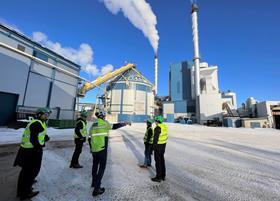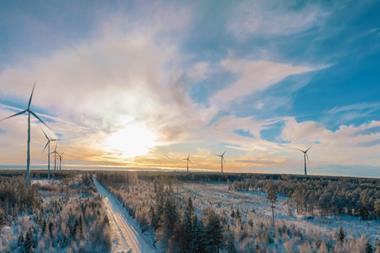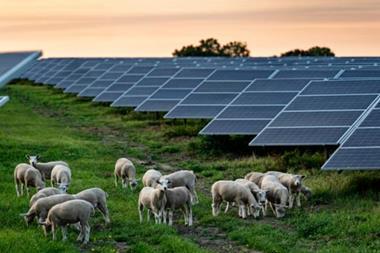Denmark’s Industriens Pension has bought a significant stake in Finnish district heating and electricity distribution company Etelä-Savon Energia (ESE) alongside asset manager Abrdn.
The DKK240bn (€32.2bn) Danish labour-market pension fund said it had signed a final agreement with Abrdn this spring to buy part of the 49% interest the asset manager said in November it was acquiring on on behalf of its European mid-market core infrastructure fund ASCI III.
Abrdn bought the stake from Finnish municipality, Mikkeli, which is retaining the other half of the company.
Industriens Pension said its investment was for a “significant three-digit million amount” in Danish krone, but declined to be more specific.
A spokesman for Industriens Pension told IPE Real Assets the fund had been negotiating with Abrdn regarding the Finnish investment for quite some time, had bought a large part of the Finnish company and was now a co-owner.
ESE produces district heating for both private households and companies as well as public customers, based on non-fossil energy production - also using waste forestry products, Industriens said.
Jan Østergaard, Industriens Pension’s head of real assets, said: “It is an investment that can be expected to deliver an attractive risk-adjusted return, and which supports non-fossil fuel critical energy infrastructure.
“District heating based on organic waste from the forest industry is a sensible and climate-friendly way of producing energy,” he said, adding that it was also an investment which fitted the pension fund’s portfolio very well.

The Copenhagen-based pension fund said the ESE investment would form part of its now DKK28.6bn infrastructure portfolio, which was spread across renewable energy, utility, digital infrastructure, transport infrastructure and social infrastructure assets.
Østergaard said it was an “investment in critical infrastructure with low price and volume uncertainty, inflation protection and low dependence on economic cycles.”
To read the latest IPE Real Assets magazine click here.


















